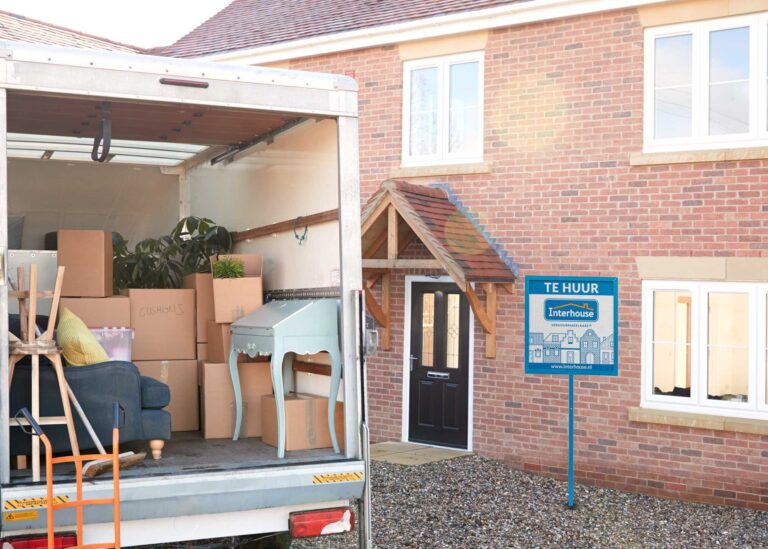It is important to choose the right insurance to keep the risk of unexpected costs as low as possible. The basic principle is that each party is insured for his or her belongings.
Landlord
The two most important insurance contracts for rented real estate are building insurance and liability insurance.
Building insurance
In the case of rented real estate, the landlord is the person who must take care of building insurance. However, there are other things to pay attention to when the owner of a building is not living in the property himself. It is important to check carefully in advance with the current home insurer whether it is possible to insure the rented property and what needs to be arranged for this. If, after a damage, it turns out that the property is rented out while this is not known to the building insurance, many insurers will immediately refuse payment.
Liability insurance
It may sound strange, but the (rented) property can also cause damage to third parties. Examples include roof tiles falling down or a handrail that comes loose when someone walks up the stairs. Here too it is important that the insurance company is aware that the house is being rented out.
Contents insurance
If the property is rented furnished or semi furnished, it is also possible to insure the contents on a contents insurance (inventory goods insurance). Floors that have been installed floating are part of the contents and can therefore also be insured. Please note that on these types of policies there is often only coverage for storm, fire, theft (after traces of burglary), water damage, etc. Damages caused by a tenant are therefore not covered. In addition, somewhat older household effects will also be depreciated. This is taken into account when paying out claims. Therefore, carefully consider whether the risk/(day) value of the contents is large enough to insure.
Tenant
Contents insurance
If a tenant has his own household effects in the house, it is advisable to insure these by means of household contents insurance. With this, the items are insured against damage caused by fire, storm, water or burglary. There are also All-Risk insurance policies where you are insured if you or someone else in your household accidentally causes damage yourself.
In addition, somewhat older household effects will also be depreciated. This is taken into account when paying out claims. You should therefore carefully consider whether the risk/(day) value of the household effects is large enough to insure.
Liability insurance
A liability insurance is always advisable, but a tenant can never recover anything from his or her liability insurance if there is damage in the property that has been caused by himself.

